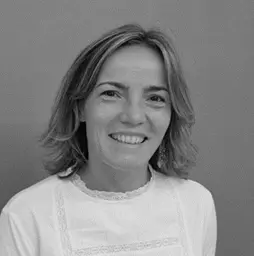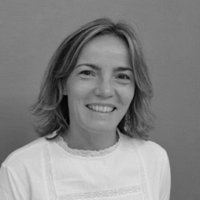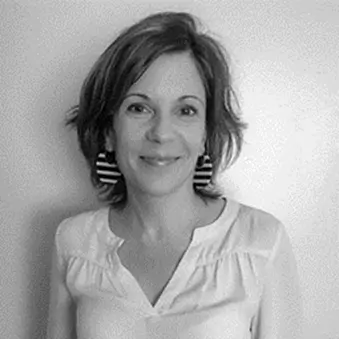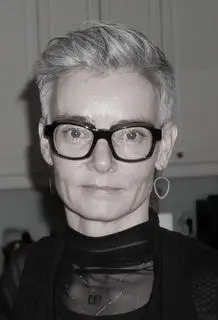Women in science: Dr Rita Duarte
In honour of the International Day of Women and Girls in Science on February 11th, we will be sharing six interviews from COST Action researchers about their career experiences.
Women are still under-represented in research and innovation careers according to the European Commission’s She Figures 2021 report. Since 2003, the report monitors the level of progress towards gender equality in research and innovation in the European Union and beyond.
A significant gender gap persists at all levels of science, technology, engineering, and mathematics (STEM) disciplines despite the fact that women represent half of the world’s population.
To mark the International Day of Women and Girls in Science, COST interviewed women in key leadership positions within their COST Action network. What are their experiences, the challenges they have faced during their respective career? Why it matters to talk about women in science for the next generations. What message they would give to young women scientists in 2022.

Dr Rita Duarte chairs the Green Chemical Engineering Network towards upscaling sustainable processes COST Action.
Ana Rita C. Duarte currently works at the Department of Chemistry, New University of Lisbon. According to Scopus Data, Dr Duarte is among the top 2% of scientists in the world.
“My research focuses on the use and development of green and sustainable solvents mostly for pharmaceutic and biomedical applications.“
“Until science is seen as an equal path for both men and women we should keep talking about women in science.”
Dr Rita Duarte
What made you choose to become a scientist and determine your discipline, field of research?
When I visited the Laboratório Chimico (chemistry laboratory) of Escola Politécnica de Lisboa, at the age of fourteen, I knew I wanted to be a scientist and be a chemist. This was definitely an experience that set my career path and field of research. The magnificence of such a unique amphitheatre, all the beautiful glass pieces inspired me and arouse my curious mind with all the infinite possibilities to make new discoveries. I also believe that the education my parents gave me allowed me to have the freedom to choose my path without any borders and constrains and becoming a scientist was always my dream.
Do you have a role model that led you to become a scientist?
Actually, when I think about it, I did not have any female role model, someone that I would look up and think that I wanted to be like her. In fact, if I were to name a role model, I would name Rómulo de Carvalho, a Portuguese chemistry professor, science disseminator and a poet under the name of António Gedeão.
Did you meet barriers during your career as a woman scientist?
Fortunately, I have never felt any barrier in my career being a woman scientist. It never crossed my mind that being a woman could discourage me from becoming a scientist, even though these barriers could come along the journey.
Why do you think we are still having to talk about women in science?
Despite the numbers in Portugal show a good balance between men and women in science, the same does not happen worldwide and until science is seen as an equal path for both men and women we should keep talking about women in science.
What are the current challenges for women in science? What is the key to success in a career in science?
I think the main challenges are related to the life-work balance. The competitiveness, the constant evaluation processes that we face, the pressure of the indicators and outputs are sometimes not compatible with a balanced family life. In order to success, you also have to boost your network of contacts and collaborations, which implies going to conferences, giving lectures at foreign institutions, travelling abroad and this is sometimes simply not compatible with family commitments.
In my opinion the key to success, in any career, is the passion for what you do. Particularly in science one needs to be resilient, be willing to take the risk of uncertainty, accept failure as part of the path, embrace the unknown and always seek new challenges.
What would be your predictions in your field of research?
It is my believe that women are becoming more involved in STEM sciences and are pursuing this filed of research despite is has historically been mostly associated with men. The work that has been done in the dissemination of the role of women in STEM demonstrates to the sceptical ones that it is possible to have a successful career in this area and that women can equally achieve great accomplishments and have the strength to surpass the barriers that arise along the way.
What message would you give to young women scientists?
Don’t be discouraged by others opinion or by the hurdles that may come ahead. Pursue your passion for science, keep your curious mind alive and follow your dreams!
Read more interviews
Further reading





